MicroMickey
Well-Known Member
- Joined
- Jan 18, 2021
- Messages
- 246
- Reaction score
- 299

It might be that the hot break works differently. It might attract and drop out foam negative components itself. By removing the hot break you essentially might be removing the remover of foam negative components before it could finish it's job, if that makes sense.I'm curious to know where that idea came from, if you can locate the source.
Using an anti-foaming agent in the boil (e.g., Fermcap-S), removes much of those proteins by precipitating them, where they will largely remain in the BK after whirlpooling. Wouldn't that have a similar adverse effect on head retention as skimming?
Could be. One would imagine that all those propeller-hat brewing scientists would have a definitive answer to this question.might be









I thought I had heard this in an interview with Charlie Bamforth, but I've been unable to find the reference. Maybe I was hallucinating this. It seems that MicroMickey posted a link that reinforces what I think I recall hearing, even if it's not the source that I recall reading.I'm curious to know where that idea came from, if you can locate the source.
Using an anti-foaming agent in the boil (e.g., Fermcap-S), removes much of those proteins by precipitating them, where they will largely remain in the BK after whirlpooling. Wouldn't that have a similar adverse effect on head retention as skimming?
For decades, I never skimmed. That changed a few years ago when I started using The Electric Brewery's Hop Stopper 2.0. With that filter in my kettle I decided to start skimming to make life easier on the filter.I believe I've heard that skimming may be detrimental to foam. I'm guessing that you're removing some of the proteins that contribute to head retention.
I find other people claiming that they've heard Charlie Bamforth mention that skimming the foam impacts head retention, but others refute it. I haven't actually found a direct reference where Mr. Bamforth clearly states this.For decades, I never skimmed. That changed a few years ago when I started using The Electric Brewery's Hop Stopper 2.0. With that filter in my kettle I decided to start skimming to make life easier on the filter.
I can say with high confidence that skimming has in no way affected the quantity, quality, nor the stability of my foam.
I can also say (although with much less confidence) that skimming doesn't seem to affect the performance of the Hop Stopper.
I find other people claiming that they've heard Charlie Bamforth mention that skimming the foam impacts head retention, but others refute it. I haven't actually found a direct reference where Mr. Bamforth clearly states this.
At about 33 minutes in, he mentions a relationship between foam in the boil and foam in the finished beer, but it's not crystal clear how it works (i.e., foam suppression or foam removal):
This discussion goes back and forth, debating the point:
https://www.beeradvocate.com/community/threads/skim-the-scum.424698/
And this message in an AHA Forum thread refers to older beliefs that may or may not be accurate:
https://www.homebrewersassociation.org/forum/index.php?topic=39568.msg485378#msg485378
"Is beer foam negatively impacted by skimming of hot break in the early boil and/or filtering cold break in the chilling process?""According to what I learned many years ago, yes it is. May or may not still be true in light of later research."
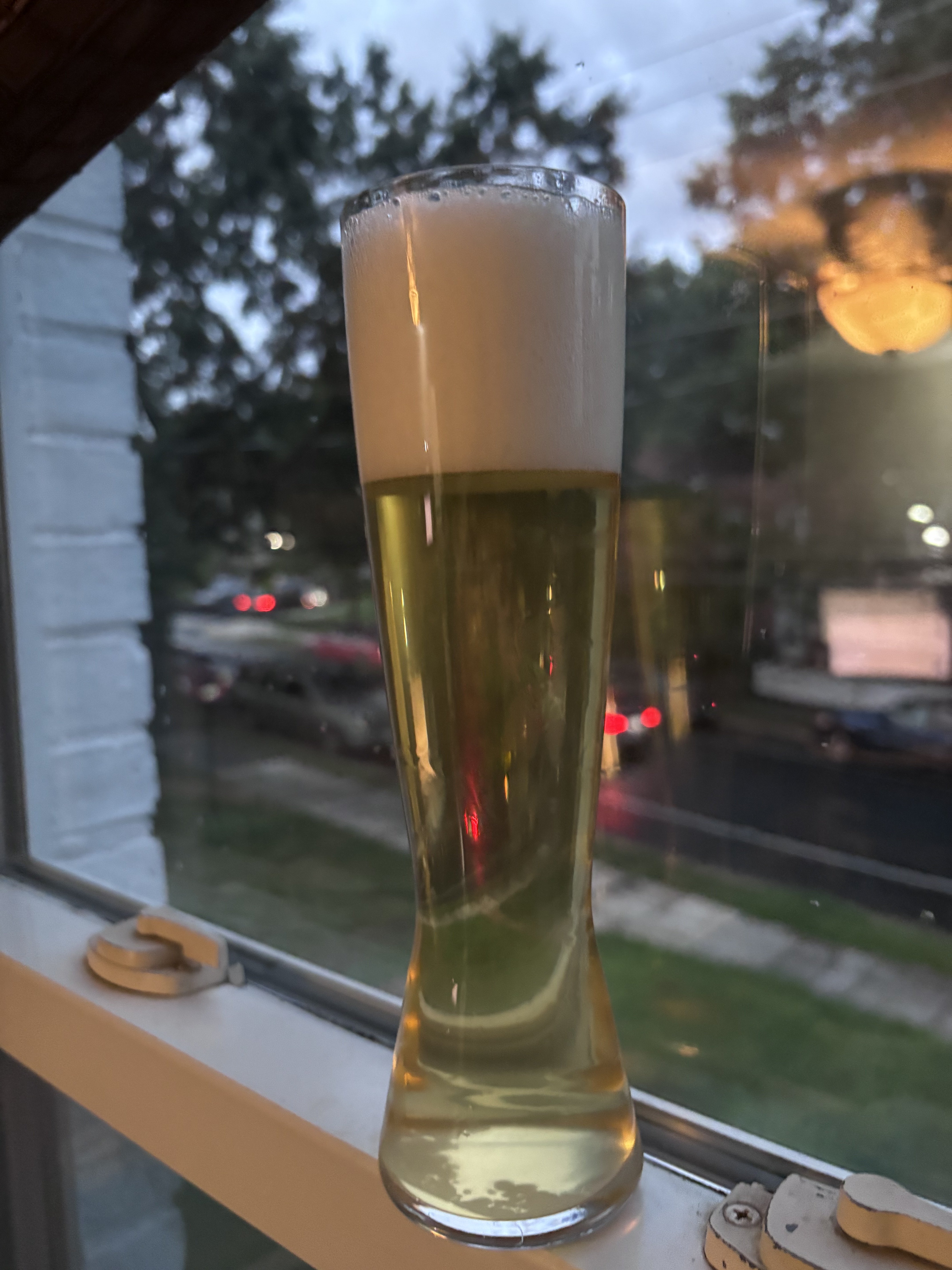
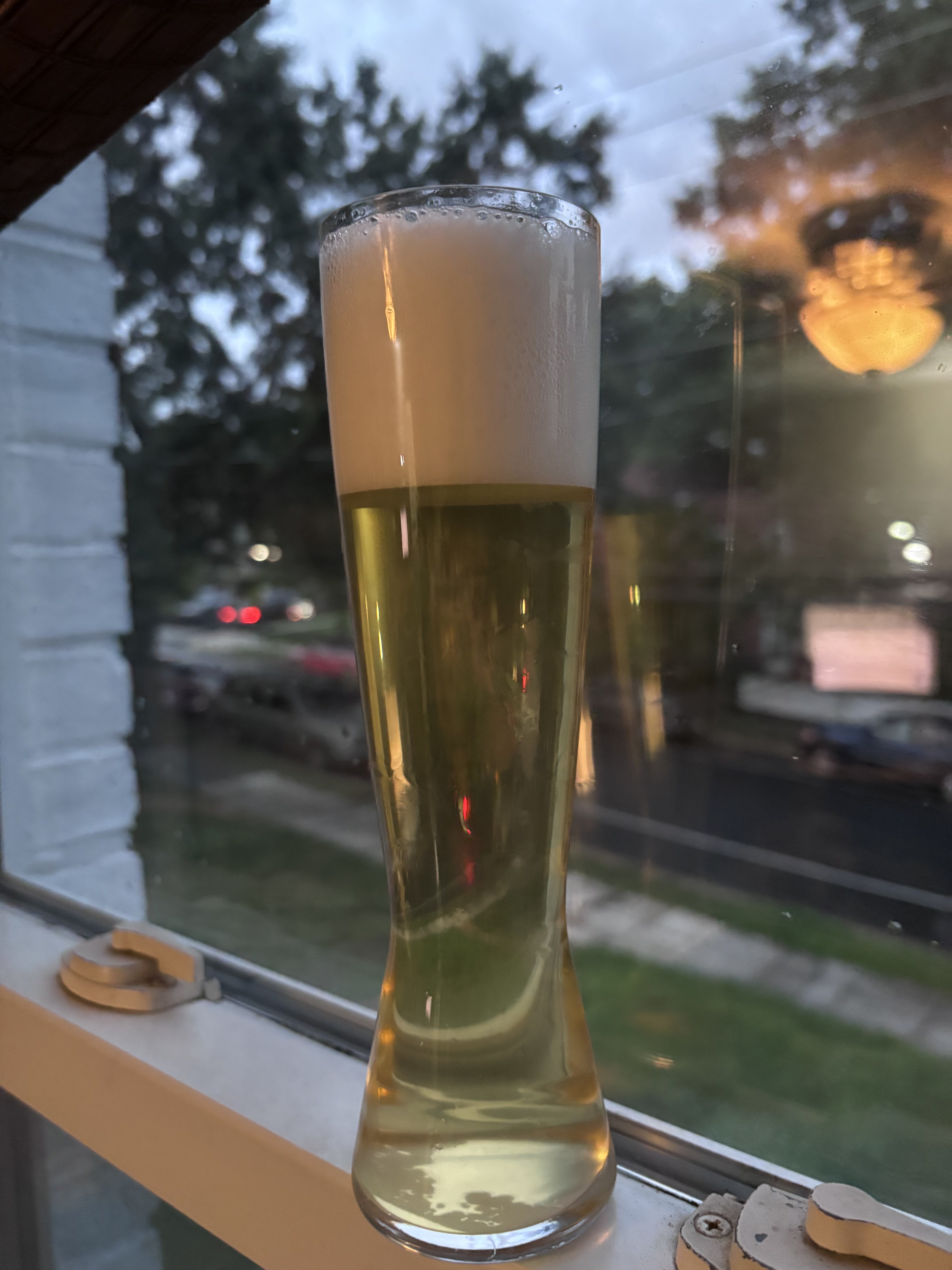
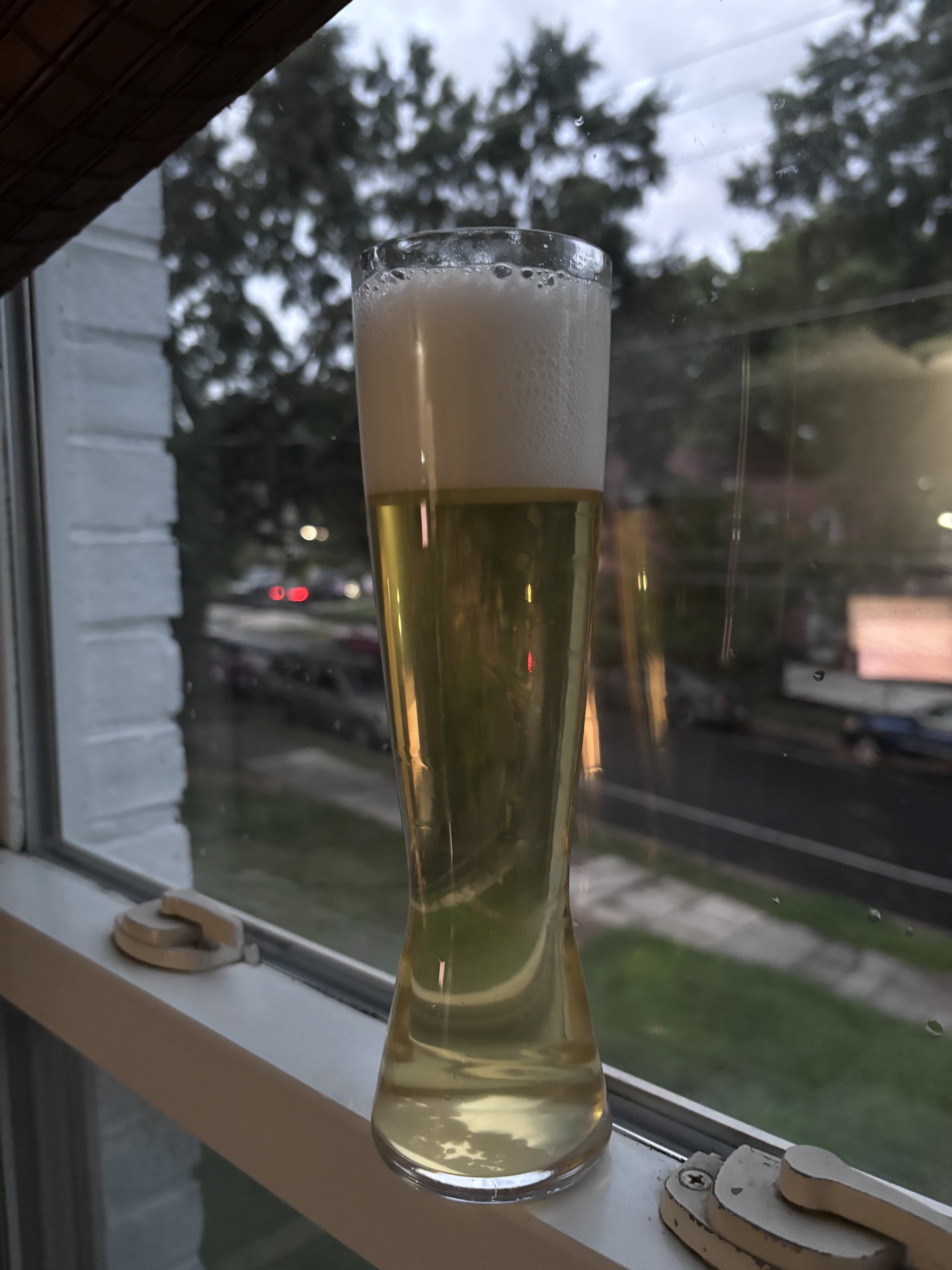
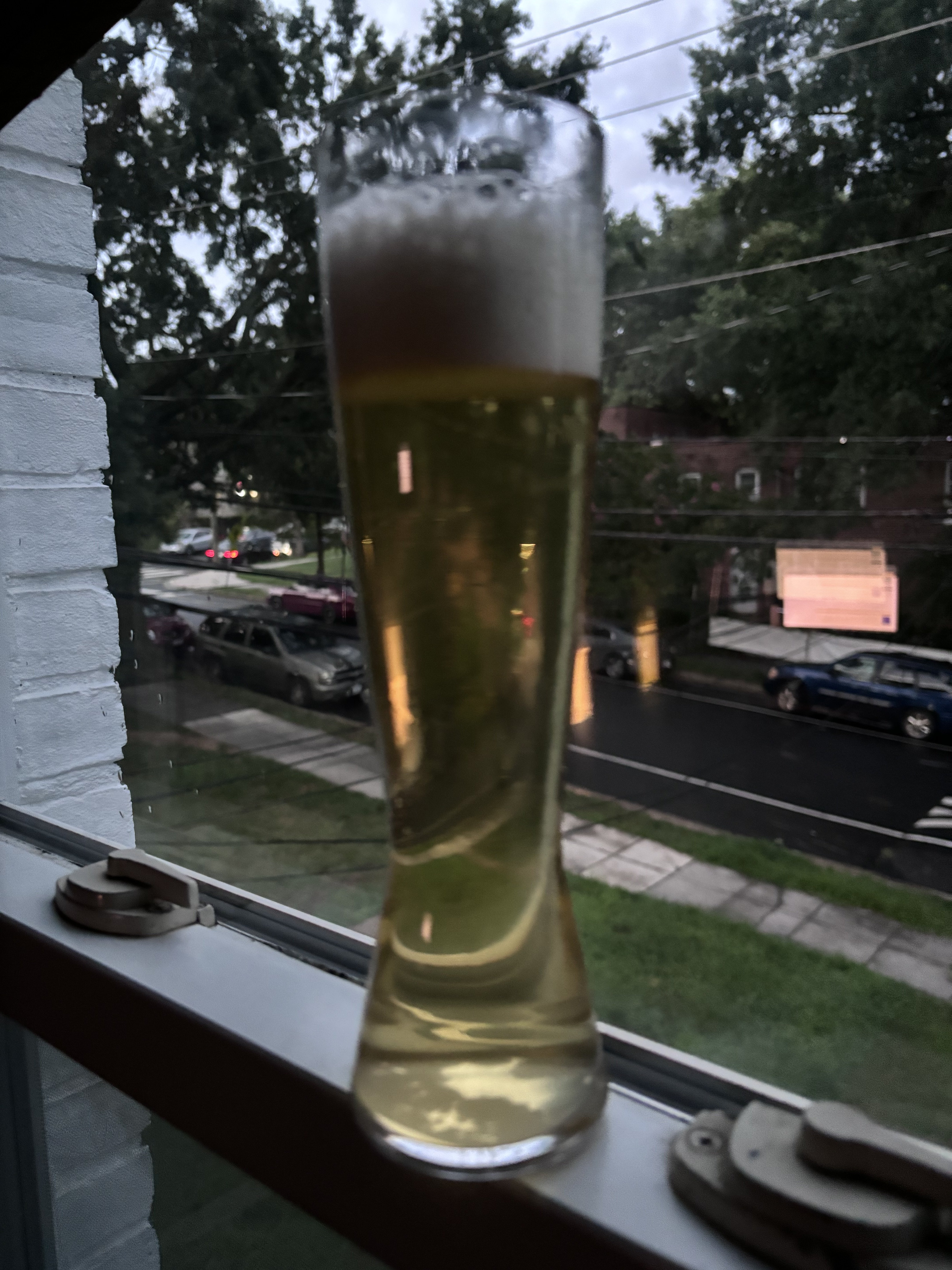
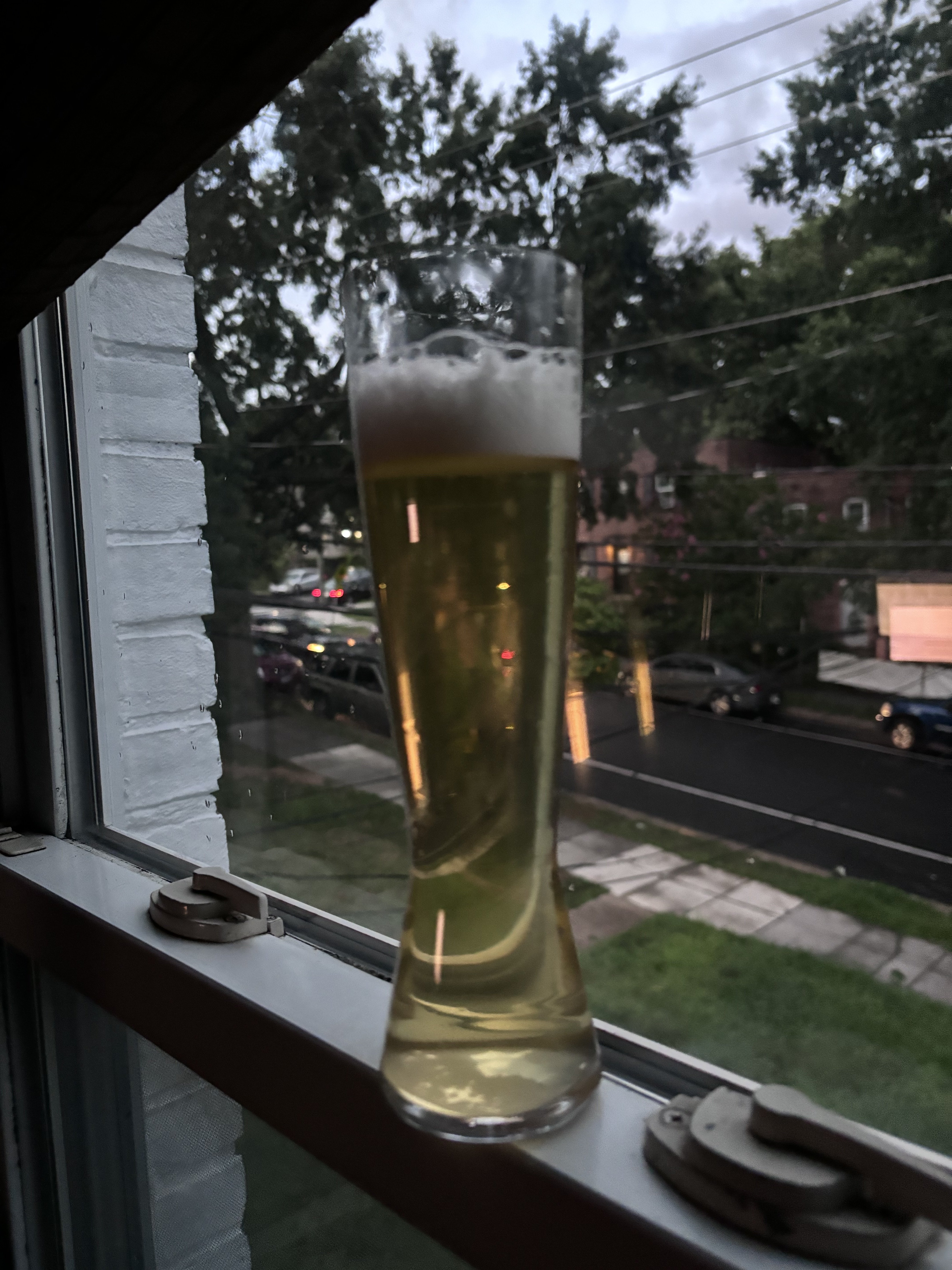
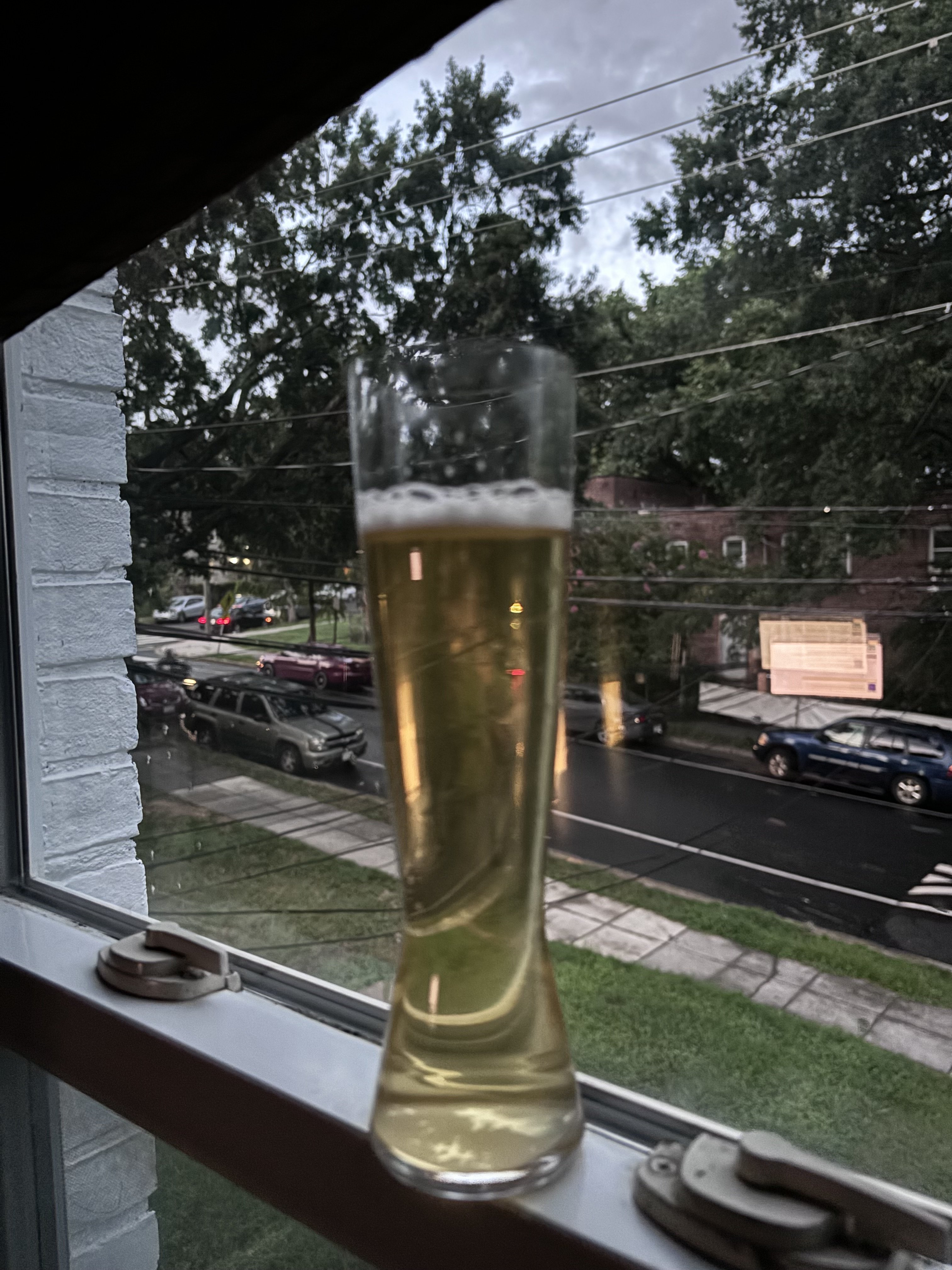
Do you have links to any peer reviewed research papers, or other authoritative references, that support tannins concentrating in the hot break? I have not heard/read about this previously, and would like to learn more.
Non scooper here. I used to try to filter everything out but now just pour it all in the fermenter. I'm a lazy brewer, so the less to clean the better at the end of my brew day.
Neither of these articles are peer reviewed. The first does not provide any references to support the claim that hot break is tannin rich, nor does it say anything about what causes excessive tannin extraction into the wort. There is also nothing saying that any tannins in the hot break redissolve into the beer during fermentation vs. settling out with the rest of the trub The second article does not even contain the word "tannin." Nothing authoritative in the references provided.https://byo.com/article/wort-boiling-homebrew-science/
"Protein and tannins are the primary constituents of the hot break in the kettle."
https://scottjanish.com/how-to-prevent-dms-in-beer/
"DMS might actually concentrate in the foam"
